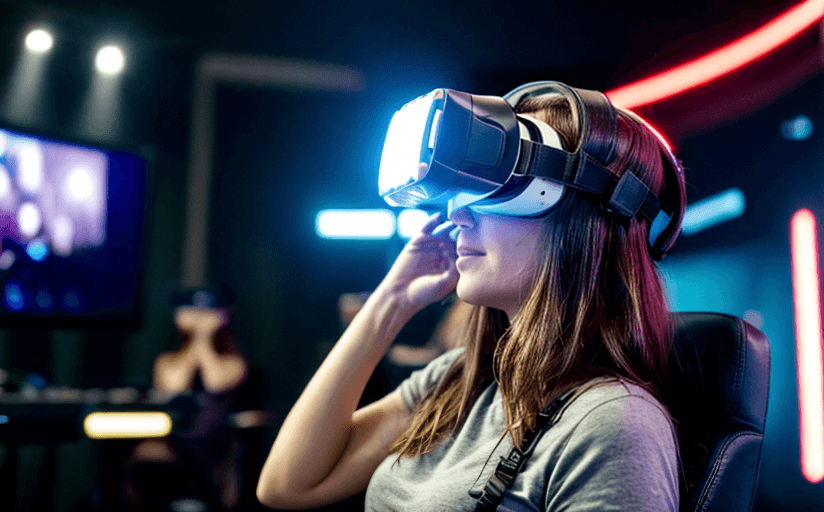Virtual Reality: Redefining the Future of Entertainment Industry
Introduction
Virtual Reality (VR) technology, a concept that once seemed like science fiction, is fast becoming a reality. This transformative technology is set to redefine the future of the entertainment industry in unimaginable ways. This article will delve into the current state of VR technology, its likely advancements, and its integration into various sectors of the entertainment industry.
The Current State of VR Technology
VR technology has made remarkable strides in recent years. Brands such as Oculus Rift, PlayStation VR, and HTC Vive have launched sophisticated headsets that provide immersive experiences, thus taking entertainment to a different level. Technological advancements, particularly in the field of sensory and motion detection, have made VR more real than ever before.
Integration of VR into Various Sectors of Entertainment
The application of VR is rapidly spreading across various sectors in the entertainment industry. From movies to music and sporting events to video games, VR is transforming the way we consume content.
- Movies and Music: VR allows artists to share more immersive experiences, offering 360-degreee visual and auditory environments for consumers to immerse themselves in.
- Video Games: The video game industry has taken VR technology to heart, with VR games delivering unparalleled immersiveness.
- Sporting Events: VR technology lets sports fans experience a game as if they were there, even when they could be miles away.
Advantages, Pitfalls, and Effects on Consumer Behaviour
While VR holds immense potential, it also brings along several challenges. As a disruptor, it provides new horizons of immersiveness, enabling consumers to experience content in unprecedented ways. However, issues such as motion sickness and visual discomfort pose potential pitfalls. Furthermore, the impact of VR on consumers’ behaviour, preferences, and demands cannot be understated. The novelty of VR-driven content will attract customers' curiosity, potentially driving shifts in industry trends and consumer demands.
Industry Response and Future Innovations
Industry leaders are quick to acknowledge the potential of VR. Companies such as Sony and Facebook are investing heavily in the development and popularization of VR technologies. Looking to the future, the possibilities for VR’s evolution and impact are vast, including possible full-dive experiences, tactile feedback, and significantly reduced hardware sizes for an even more seamless experience.
Conclusion
Ultimately, virtual reality is set to redefine the future of the entertainment industry, offering new and exciting possibilities for creators and consumers alike. As VR technology continues to evolve and overcome its initial teething problems, the reality of a fully immersive entertainment experience seems increasingly within reach.


















Comments
Leave a Comment